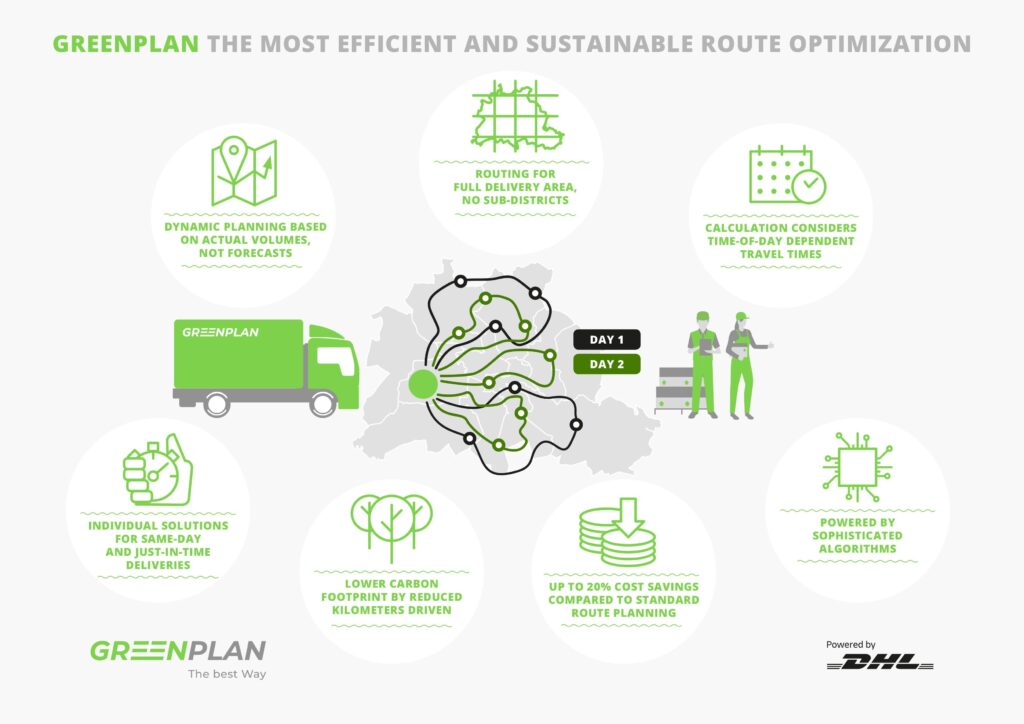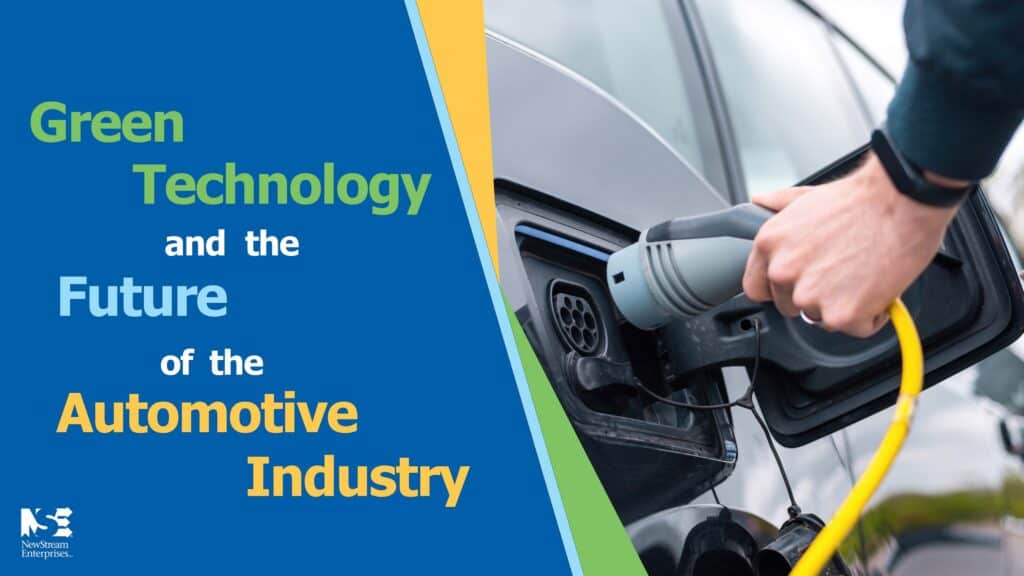Industries are evolving on a daily basis, and COVID-19 has expedited these changes as businesses look for ways to avoid supply chain interruptions. In order to reduce cost and comply with new environmental requirements, industries are adopting new technologies and strategies.
Efficient Transportation
Electric heavy-duty trucks are now being implemented in the automotive industry. Electric vehicles are practical in the supply chain since they significantly reduce carbon emissions. According to a case study published in the Proceedings of the National Academy of Sciences (PNAS), traded products account for 37 percent of worldwide carbon emissions. Electric vehicles have the advantage of getting greater mileage within the city; companies frequently have factories and warehouses in rural areas, allowing these vehicles to get the best mileage possible during deliveries.
Demand Forecasting
Your company can accurately estimate customer demand using AI technologies and existing data. Because COVID-19 has caused market instability, making product availability unpredictable, knowing what customers want can help you prevent waste and overproduction, allowing you to deliver product and materials as needed.
Route Optimization
Companies are eager to distribute available product to customers as soon as possible due to the influx of supply chain shortages. When your company’s operation is behind schedule, it’s possible for drivers to lose track of the most efficient routes for delivering products, resulting in higher transportation expenses and greater carbon emissions. As a result, technology and route optimization tools can assist logistics professionals in determining the optimal route for their drivers. With this technology in place, companies can now use it to create the ideal route based on predefined parameters, increasing the amount of orders per truck while reducing fuel consumption.

Picture: Sustainable Route Optimization Source: DHL Logistics
Alternative Fuels
Due to the rapid evolution of green technology and green environmental laws, large truck manufacturers are developing alternatives such as battery-electric vehicles, fuel-cell-electric vehicles, and vehicles that operate on renewable fuels. As a result, developing alternate fuel sources will significantly reduce the quantity of fuel burned while trucks are idle. A typical long-haul truck idles for about 1,800 hours per year, burning about 1,500 gallons of diesel, according to the US Department of Energy. This is inefficient and can have a negative impact on your company’s bottom line, thus switching to alternative fuels will eliminate this cost entirely.
Cost Saving
Electronic vehicles not only benefit the environment and comply with new environmental regulations, but also benefit company’s bottom line. Electronic vehicles are proven to have cost advantages, as they require fewer moving parts, and less labor to assemble. According to CNN, Ford estimates that an EV will take 30% fewer hours of labor to assemble than a traditional gasoline-powered car.

Picture: Diesel vs Electric Annual Savings Source: SC Digest
Environmental Regulations
While cost savings are appealing to the automotive industry, they are not the only motivation for businesses to pursue a more sustainable approach. Governments all around the world are enacting laws and regulations that push auto manufacturers to be more environmentally friendly. For example, the European Green Deal aims to transform the EU into a modern, resource-efficient, and competitive economy by 2050, ensuring no greenhouse gas emissions and economic growth due to resource use.
Because the supply chain accounts for a significant amount of carbon emissions, logistics providers play an important role in the supply chain’s future. NewStream, as a 3PL expert, is always introducing new technologies and practices as we learn new sustainable methods to best support our partners, helping them love their supply chain while also making it green.
Leave your supply chain stress behind you. Reach out to our experts today!


